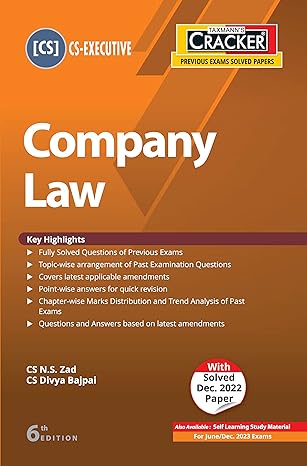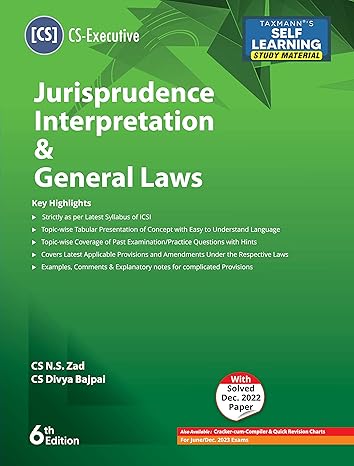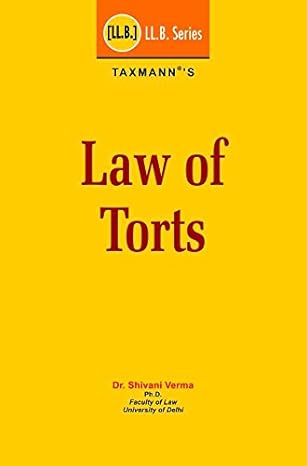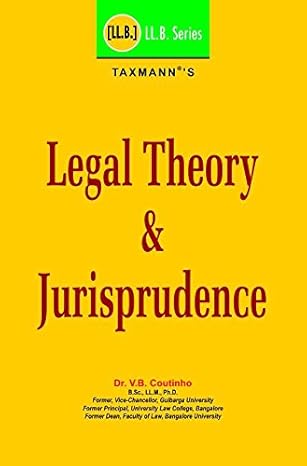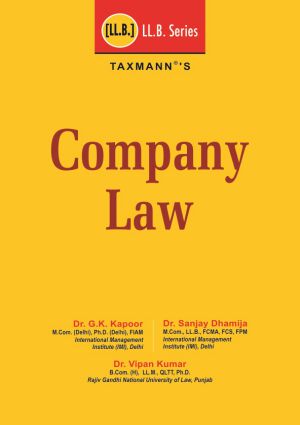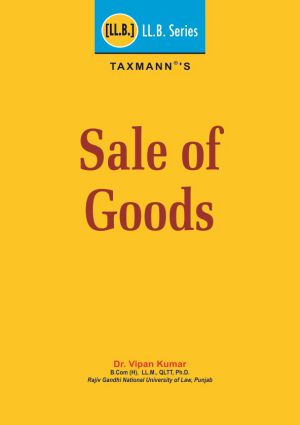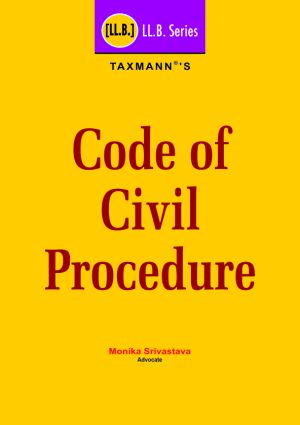Online Law Book Store in India | Law Books Shopping in Delhi
Featured Products
Direct Tax Laws & International Taxation (DT) | A.Y. 2023-24 | CRACKER
₹722.50
M.R.P.:₹ 850.00
You Save: ₹127.50 (15.00% OFF)
Direct Taxes Law & Practice | A.Y. 2023-24
₹1,687.50
M.R.P.:₹ 2,250.00
You Save: ₹562.50 (25.00% OFF)
Jurisprudence Interpretation & General Laws (JIGL) | QUICK REVISION CHARTS
₹348.75
M.R.P.:₹ 375.00
You Save: ₹26.25 (7.00% OFF)
Jurisprudence Interpretation & General Laws (JIGL) | Study Material
₹614.25
M.R.P.:₹ 675.00
You Save: ₹60.75 (9.00% OFF)





